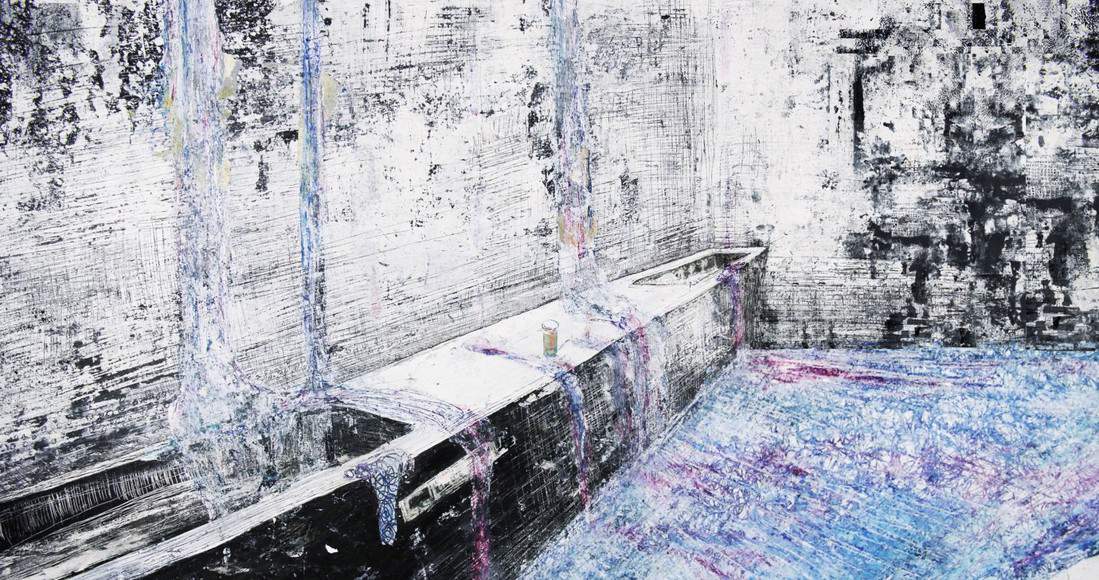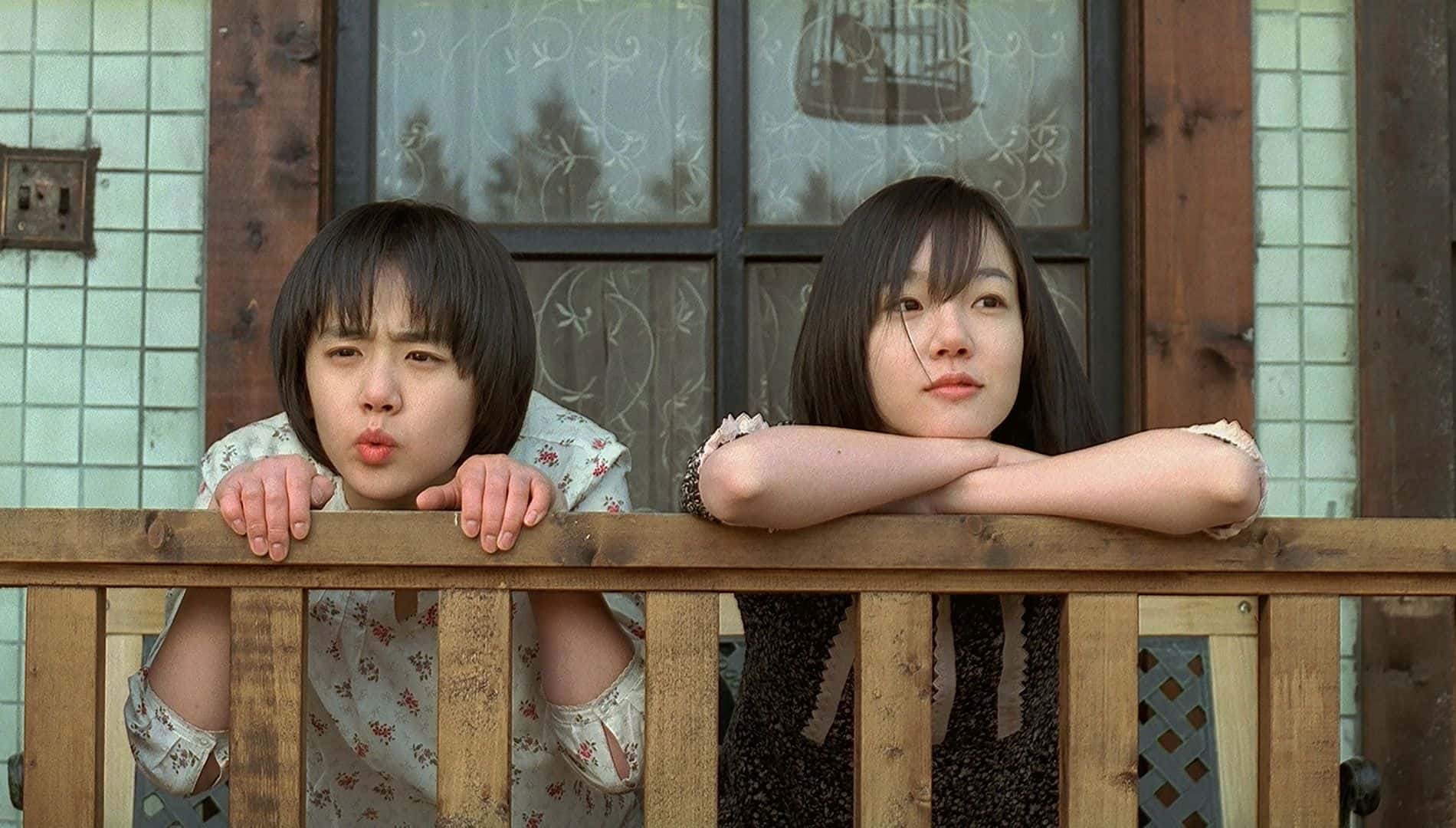Throughout the history of time, social barriers and hierarchies have always been there and will likely always be there as long as we build societies, perhaps even after capitalism has come to an end. However, since the latter feels more and more unlikely, the boundaries between social classes have become so firm that it is not just impossible to cross them, but they have turned into a danger when it comes to the integrity of any system, especially one where a small minority ends up owning everything and control the lives of many. Interestingly, this reality has laid the foundation for possible one of the most hypocritical developments of our today's world, the rise of the cult leader, wanting to teach their philosophy to others, to make them richer and give people the illusion they can be, one day, just like them. Even though its political system is insistent on keeping outside influences at bay to a certain extent, this development has also influenced Chinese society, with people like real estate speculator Ou Chengxiao becoming a near-cult figure among their many fans, while they gather riches beyond belief.
In their short documentary “Happiness is £4 Million“, directors Weixi Chen and Kai Wei accompany Cici, a young female reporter on the verge of finishing her training to become a journalist, on her final assignment which may just prove to be her most difficult. Her superiors have given her the task to interview Chengxiao and keep him company in order to write a short profile on him, his various ventures, his philosophy on life and success, but also the person behind the motivational speeches and enterprises, which make hundreds believe they can be just like him. Although she sees the appeal in such an article for the reader, Cici finds herself struggling with writing the piece, due to her feeling disgusted by the materialist teachings and life lessons of Chengxiao, who does not seem to take her seriously, perhaps because of her age or her attitude towards life, relationships and (material) success. Throughout the documentary, we follow her on her various encounters with a man who remains an enigma, to her as well as to us, and who has two faces, one assigned for doing business and his public appearances, and one that is very private, solely reserved for his beloved daughter.
Essentially, “Happiness is £4 Million“ is an account of a failure. As she faces the camera of the two directors, Cici admits to having problems with Chengxiao, who simplifies the majority of life's problems, even the idea of happiness, to having a certain amount of money in your bank account. His life, at least the small portion we get to see in the short feature, seems to confirm his belief to some extent, as his business ventures grant him the moments of happiness he enjoys with his daughter. Trying to probe into this second aspect of his life proves to be impossible for Cici (and the viewer) as the businessman forbids any further discussions or questions directed at this aspect of his personality.

However, there is also another layer to the documentary, which goes far beyond the account of Cici's meetings with the subject of her article. As Chengxiao gives advice to people about investment, what property to buy and the kind of attitude you have to impose on yourself to become successful, he reflects the kind of impersonal, late-capitalistic figure who is consumed by his own teachings and simplified notions of boiling everything down to money, property and wealth. Cici's attempts of trying to connect and understand this man is a mirror to a society whose classes drift further apart until only the promise of wealth and material success is still there.
In conclusion, “Happiness is £4 Million“ is an interesting and revealing documentary, whose premise may be simple, but which will have a lasting effect on its viewer willing to ponder on the failure of two people to communicate and overcome social borders.
















